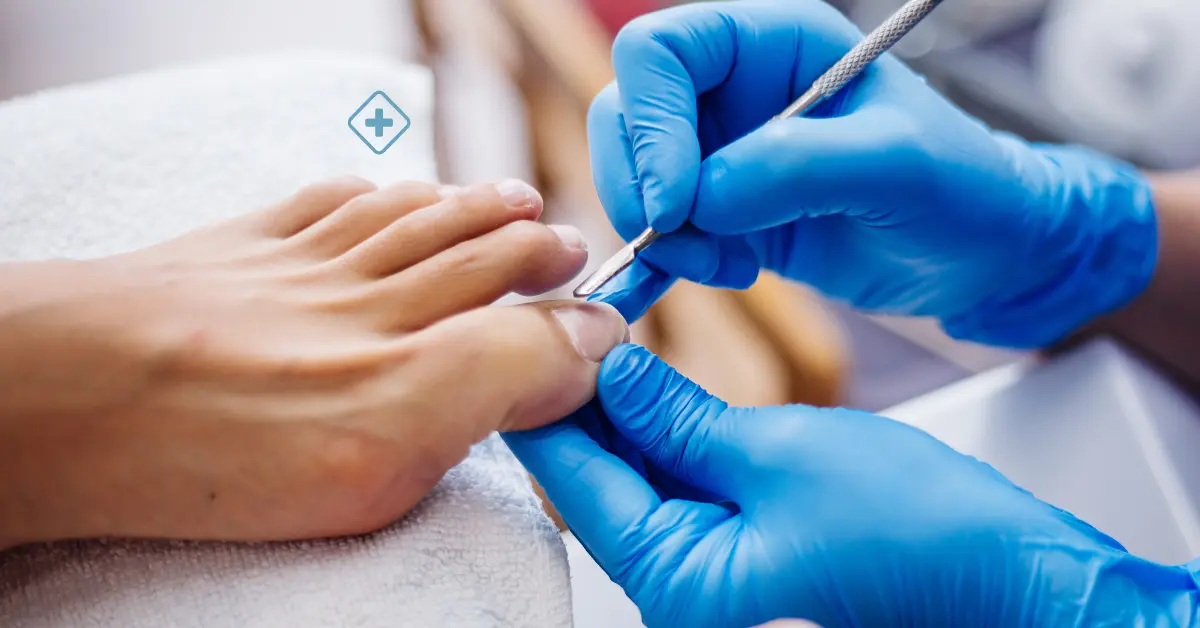
How to return to sports after a Spine Surgery
Spinal Surgery is not the end of a life of sports, but it can be the beginning of a better performance.

Most athletes try countless resources such as the use of braces, physical therapy, medications, rest, among other things, to avoid spinal Surgery; however, when none of these options provide genuine relief for severe back pain, Surgery represents an excellent solution.
People commonly believe that Spine Surgery means the end of sport as a lifestyle, and it does not have to be that way. In fact, several studies are showing that Olympic and professional level athletes have returned to the same level of competition after requiring Surgery for spine-related problems.
Fortunately, this also applies to those recreational athletes; if you are one of them, and your Doctor has told you that you should consider Surgery as a solution to your annoying and persistent back pain. With appropriate recovery and the indicated physical therapy exercises, a successful Spine Surgery will allow you to return to a sports routine.
Here are three common Spine Surgeries and what you can expect in terms of returning to your exercise or training routine.
Lumbar Microdiscectomy
Lumbar microdiscectomy is a common spinal surgical procedure to treat Herniated Disk.
Walking as an exercise can be started almost immediately after Surgery. Physiotherapy is very important for an athlete to return to sports, and many surgeons will start it approximately three weeks after Surgery. Studies show that an athlete's dedication to the post-operative rehabilitation program has a significant impact on returning to the level of competence before the injury.
Recreational athletes in non-collision sports can return to competition as early as six to eight weeks. Professional collision athletes can anticipate a return to play as early as three months, although some circumstances can be closer to six months.
Lumbar Decompression for Stenosis
Even aging athletes with degenerative spine conditions such as stenosis who have failed to improve without Surgery can get back to sports after decompression surgery. Spinal stenosis is an abnormal narrowing of the spinal canal, which restricts the spinal cord and may cause pain, numbness, and sometimes weakness.
Following decompression surgery, you should refrain from heavy lifting for six weeks. You can start back to cardiovascular conditioning at three to four weeks and start physical therapy about one month after Surgery. With good physical therapy progress, a return to sports can be expected at three to six months.
Lumbar Fusion
Lumbar spinal fusions are done for numerous reasons, but the most common are spinal instability. Because bone-healing must occur, returning to sports after fusion is a slower process.
Physical therapy may be started in three months. The athlete's age, the sport, and the level of competition greatly impact the speed of return. An avid golfer, for example, maybe cleared to return to play at six months after surgery. Return to contact sports is a slower process but is favorable with successful fusion.
After you have had Spine Surgery, before you return to practice any sport:
-
Don't forget to warm up first. A previous walk will help increase blood flow to the muscles and ligaments of your back.
-
Stretching the muscles of both the lower and upper back is essential.
-
Start with less intense levels than you are used to and gradually increase the strength and intensity of your movements.
Don't forget to warm up first. A previous walk will help increase blood flow to the muscles and ligaments of your back.
Stretching the muscles of both the lower and upper back is essential.
Start with less intense levels than you are used to and gradually increase the strength and intensity of your movements.
Remember that after back surgery, the best way to return to the life you used to lead as an athlete is to follow to the letter the recommendations of your post-surgery surgeon; likewise, the suggestions that the Orthopedic rehabilitation or Physiotherapy team gives you.
It is essential to mention that the return to sports should be gradual, little by little. Try to be very careful and avoid running any unnecessary risks.
Am I a candidate for this procedure?
The back surgery procedure will depend on the diagnosis and evaluation made by the Neurosurgery specialist. The Neurosurgeon or Traumatologist may recommend back Surgery if the treatments and medications have not worked, and the pain continues.
When consulting your Doctor, we recommend keeping a record of your pain with a detailed description of the symptoms, duration, and what you think triggered them. Also, mention any medications you are taking.
If you need a Neurosurgeon or Traumatologist in Los Cabos, Contact us.
BlueNetHospitals - Hospital Los Cabos
BlueNet Hospitals.
Trending Topics
Gestational Diabetes
The exact cause of gestational diabetes is not yet fully understood.
E. coli
The symptoms of an E. coli infection can appear three to four days after exposure
Diabetic Foot
These are the common symptoms related to diabetic foot
Hip Dysplasia
The symptoms of hip dysplasia vary depending on the individual's age
Health Library
Neurosurgery
Learn More About:
- Do You Need an Appointment with a Specialist?
- call us
- write us
- let's talk










